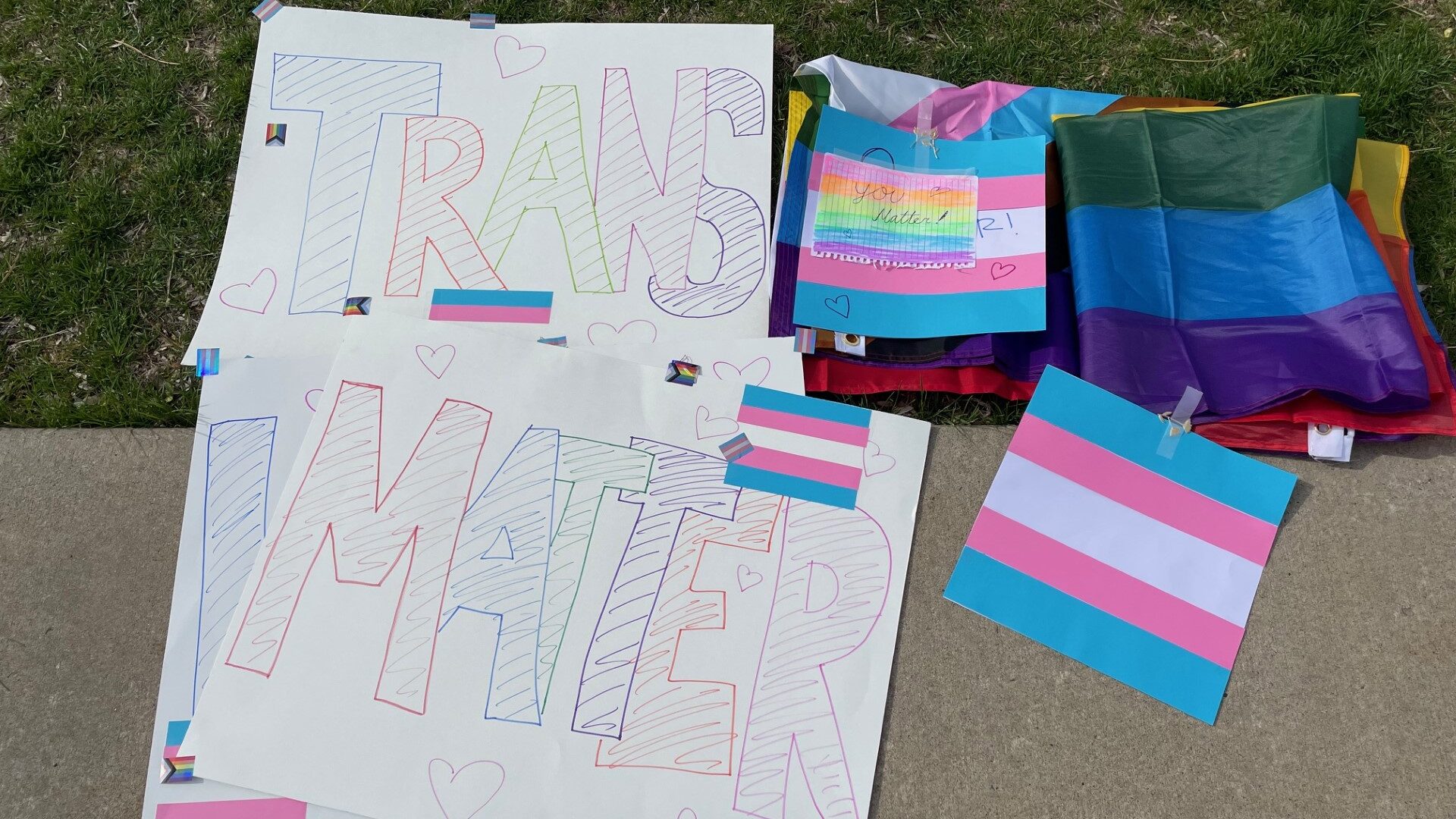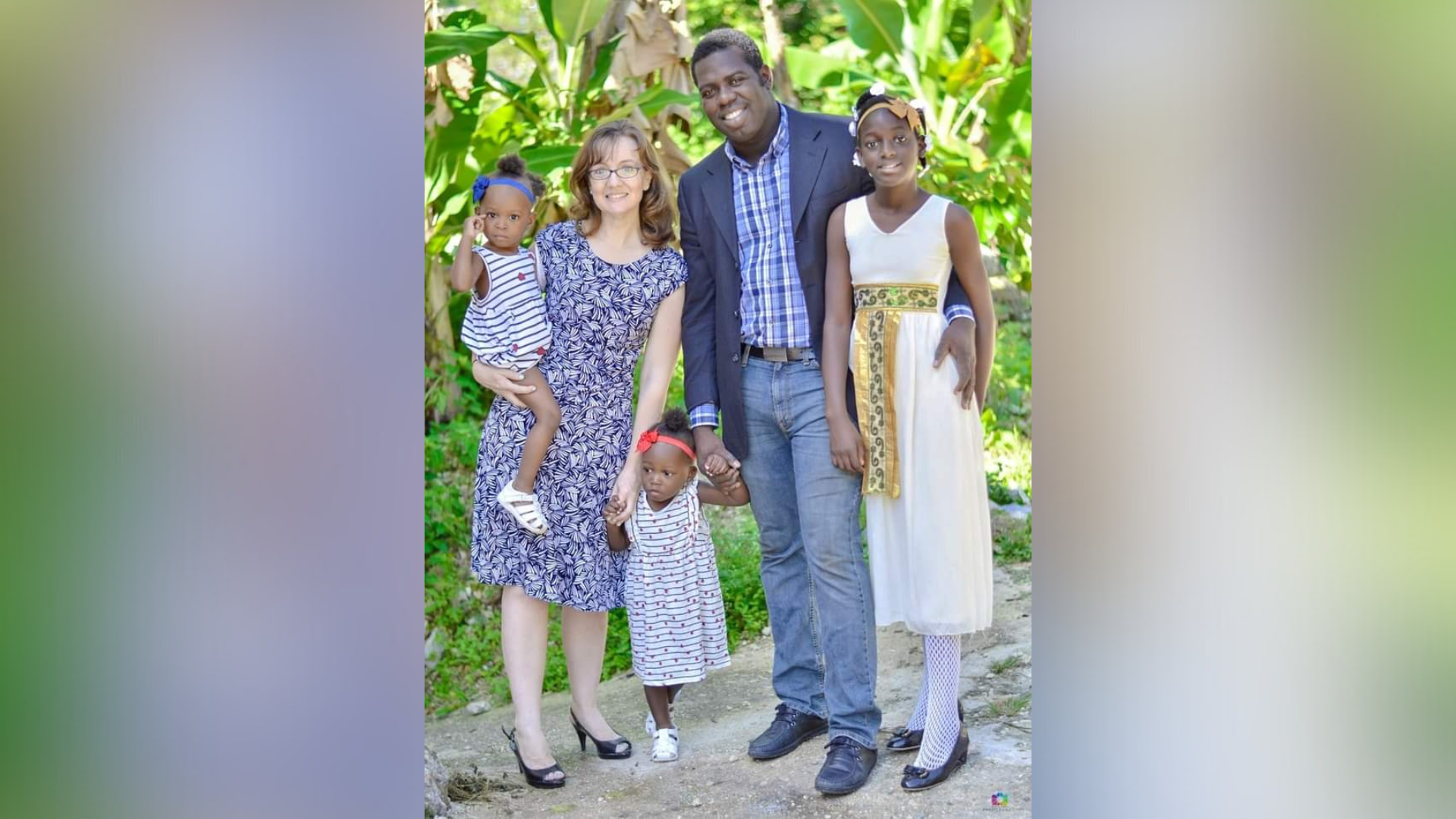The idea of a soulmate may not be beneficial on your journey toward love
Feb 12, 2024, 3:56 PM

FILE: Claire Modersitzki, left, hugs Marcus Cain at The Valentine’s Museum, a pop-up museum in Provo, on Saturday, Feb. 12, 2022. (Mengshin Lin, Deseret News)
(Mengshin Lin, Deseret News)
SALT LAKE CITY — Valentine’s Day is approaching and many people have love (and relationships) on their minds. But a recent report from researchers in Utah and Canada is challenging the popular romantic belief of soulmate love, saying flourishing relationships require much more than either person being “the one.”
In fact, Brigham Young University’s Wheatley Institute, Utah State University Extension and the University of Alberta claim in the report that believing in the concept of “soulmate love” can be damaging.
“While I believe that the root desire to be connected to the one in a special and enduring marriage is a healthy aspiration, I am concerned about the risks soulmate thinking poses for healthy relationships, especially among young adults,” said Jason Carroll, the director of the Family Initiative at the Wheatley Institute, in a press release outlining the report.
Adding the concept of a soulmate to marriage can be equally damaging, Carroll said, by placing a successful relationship out of a person’s control.
“(That) provides a deeply flawed conception of how to achieve this aspiration.”
“The Soulmate Trap”
The report is titled “The Soulmate Trap: Why Embracing Agency-Based Love is the Surest Path to Creating a Flourishing Marriage.” It provided an extended analysis of a recent study published in the Journal of Marital and Family Therapy.
The original study surveyed 615 couples across the United States and Canada. Using a model called the strong relationality model, the researchers wanted to identify the factors that make for a long-lasting relationship.
The “Soulmate Trap” outlined 5 main findings from the study.
First, those who defined their relationships as being highly connected (as opposed to highly satisfied) were three times more likely to be committed to their relationship than low-connection marriages.
Second, high-connection partnerships value personal virtues almost three times more than low-connection relationships. The same goes for proactive behaviors, such as quality time, acts of kindness, and forgiveness.
Next, maintenance behaviors prove to be an essential part of a high-connection marriage. These include behaviors like addressing problems and finding ways to strengthen the relationship.
Lastly, high-connection relationships scored significantly higher in overall quality of life.
“At their core, soulmate beliefs provide a backwards depiction of the proper sequence of healthy relationship development. Such beliefs suggest that someone exists as your one-and-only before you have even met.
“The findings of our study illustrate that oneness in marriage is primarily made, not found,” said Adam Galovan, a professor at the University of Alberta.













